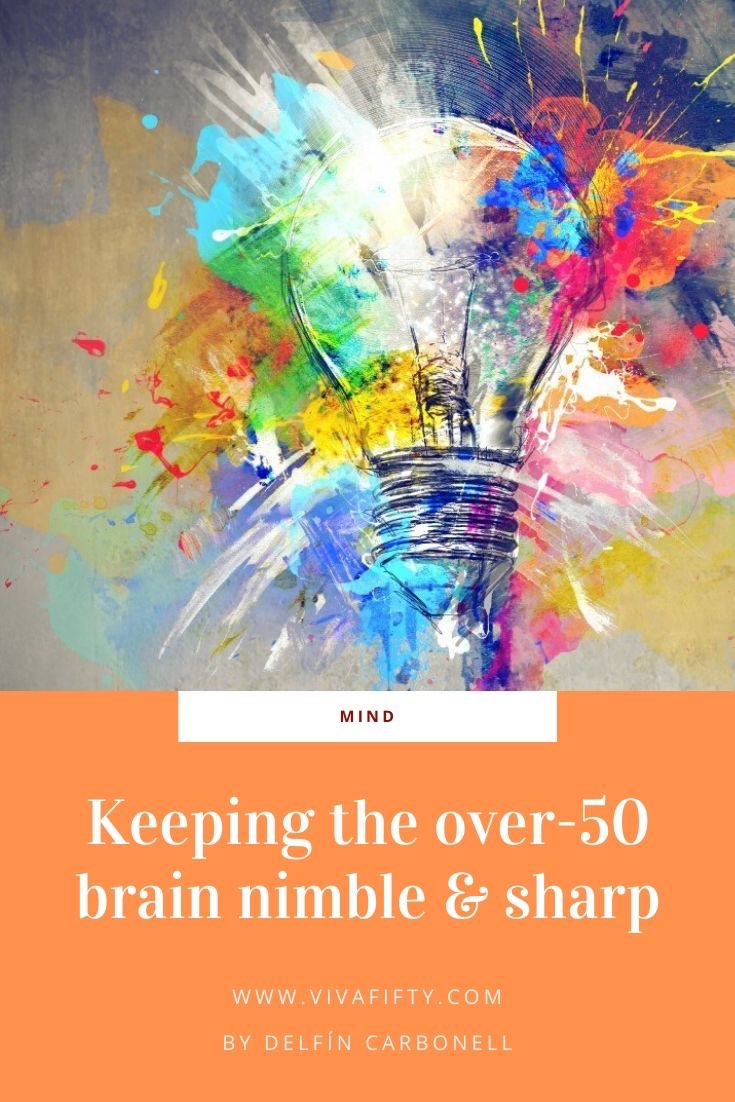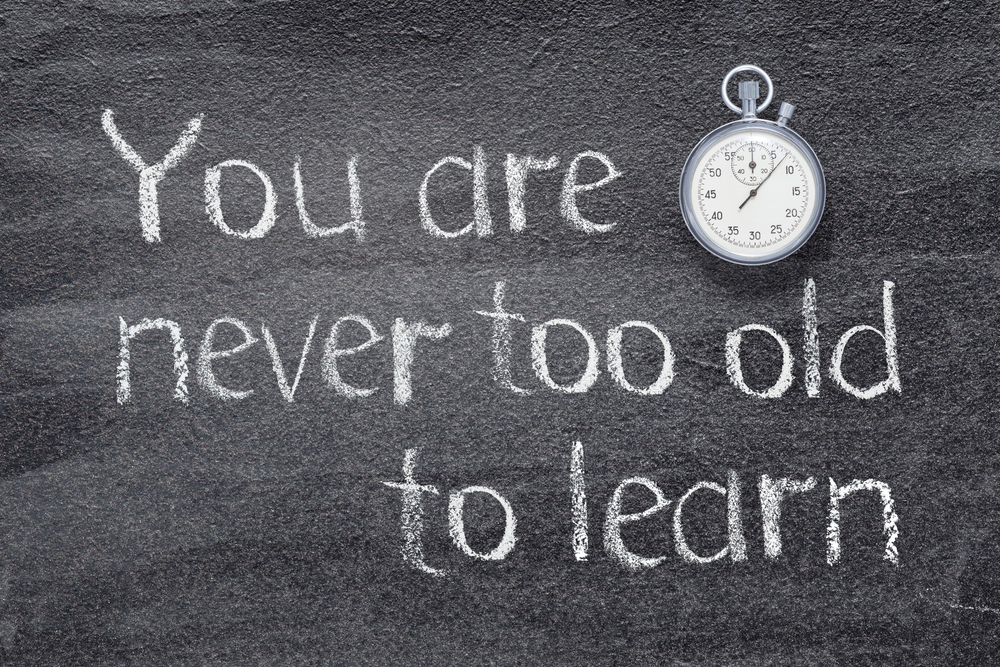In “7 Ways to Keep your Memory Sharp at Any Age”, of the Harvard Health Publications, March 22, 2010, we are told to:
“Read; join a book group; play chess or bridge; write your life story; do crossword or jigsaw puzzles; take a class; pursue music or art; design a new garden layout. At work, propose or volunteer for a project that involves a skill you don’t usually use.”

Without any respect at all I answer:
Applesauce! Or even better still:
Hogwash!
I am being disrespectful simply because the article is patronizing everybody, especially those over fifty… me, for instance.
Go over the whole article and you will see how patronizing and disrespectful they are themselves.
The activities they recommend are fine and fun, of course, and should be pursued, but they will neither improve your mind nor keep it sharp and fit.
No pain, no gain
We all know that in order to get something we must put an effort into it.
No pain, no gain, is the motto of many athletes who know they must try seriously in order to obtain results.
No beating around the bush, no oversleeping, overeating, overindulging or overdrinking.

Keeping the brain active and in shape is a very serious task, more serious than most people think.
Performing the ninny activities Harvard recommends will get us nowhere fast.
By following that advice, we will be getting into habits, learning skills that in no way will force our neurons to work big time, making new connections and forcing others to remember, to store memories, to recall such memories, and to invent new ways to do things.
Also Read: 5 Lifelong Tips to Feel Happy in Midlife
How to keep your mind sharp at any age
Learning a new language is the skill that will make anybody’s mind, at any age, nimbler and suppler, forcing the brain to remember new sounds with certain meanings.
You must get your brain to express its ideas using a new technique, a new system of expression, with new vocabulary, new grammar, new syntax, new sounds…
The works!
Now, this is the way to keep your mind sharp at any age.
Is it difficult? That is not the question.
The idea of “difficult” or “easy” has no meaning in language acquisition. It is foremost a challenge, a way of keeping anybody’s mind alert, ready and fit.
I know of no other way. The rest is potato-couch advice for the weak, for those who have no will and must be fed fibs to keep them happy.
We all tend to forget things at any age.
That is why we failed exams in our teens, called our girlfriend Mary instead of Roberta, her real name, or made the wrong turn at the wrong corner, did not send a birthday card to that important person…
Lee también: La importancia de tener aficiones
I tend to forget birthdays, but I do not write down my agenda for the week, or the month.
I remember all appointments, the classes I teach, when my manuscripts are due, and smile to myself when much younger people write down that we are going to meet in a week.
I do not need to.
My secret is that I juggle three languages and try to keep them at the same level of knowledge and proficiency.
And every day I add -memorize- new vocabulary, idiomatic expressions, turns of phrase and proverbs.
Give it a try. You have nothing to lose and a lot to earn and learn.
Benefits of studying a new language
Start studying a new language. Some of the benefits of doing so:
1. You will have to learn, memorize and recall a lot of words.
2. Your brain will have to recognize and assimilate new sounds.
3. Your brain will have to put the new words together and figure out the new syntax or word order.
4. This is not passive learning because you must actively use what you know by speaking.
5. After a while you will be surprised to discover how many words you own and how much easier it becomes to acquire new ones.
There is an added value to the study of a language: it is a life-long process, a never-ending task.
Languages are never learned, so you do not have to set goals.
So, in order to keep your brain fit, sharp and nimble, forget jigsaw puzzles, crossword puzzles, bridge and poker and take up the study of a foreign language.
You will thank me eventually.
I am sure.










Viva Fifty
I am so happy I’m bilingual
Carmen Amato
I agree! Learning a new language forces your brain to make new connections and adapt to new patterns. But it’s more than that–a new language invariably introduces you to the culture of that language. As a result we can not only keep our memories sharp, but also be more understanding and tolerant.
Mary N. Núñez
Everything on this is page is absolutely useful, essential. Following this lively and wise advice we will see the years go by in a healthier, happier and more profitable frame of mind. I think it helps both body and mind to be entertained in positive activities and thinking, thus upgrading every day our capacities. It goes without saying that it may also help prevent diseases such as Alzheimer, Parkinson, etc.
delfin carbonell (@CarbonellDelfin)
Thank you. Very kind.
Laura Carbonell
Great advice. Always a very entertaining read and of course, a master of words.
delfin carbonell (@CarbonellDelfin)
You make me blush
Laura Carbonell
Sure… 😉